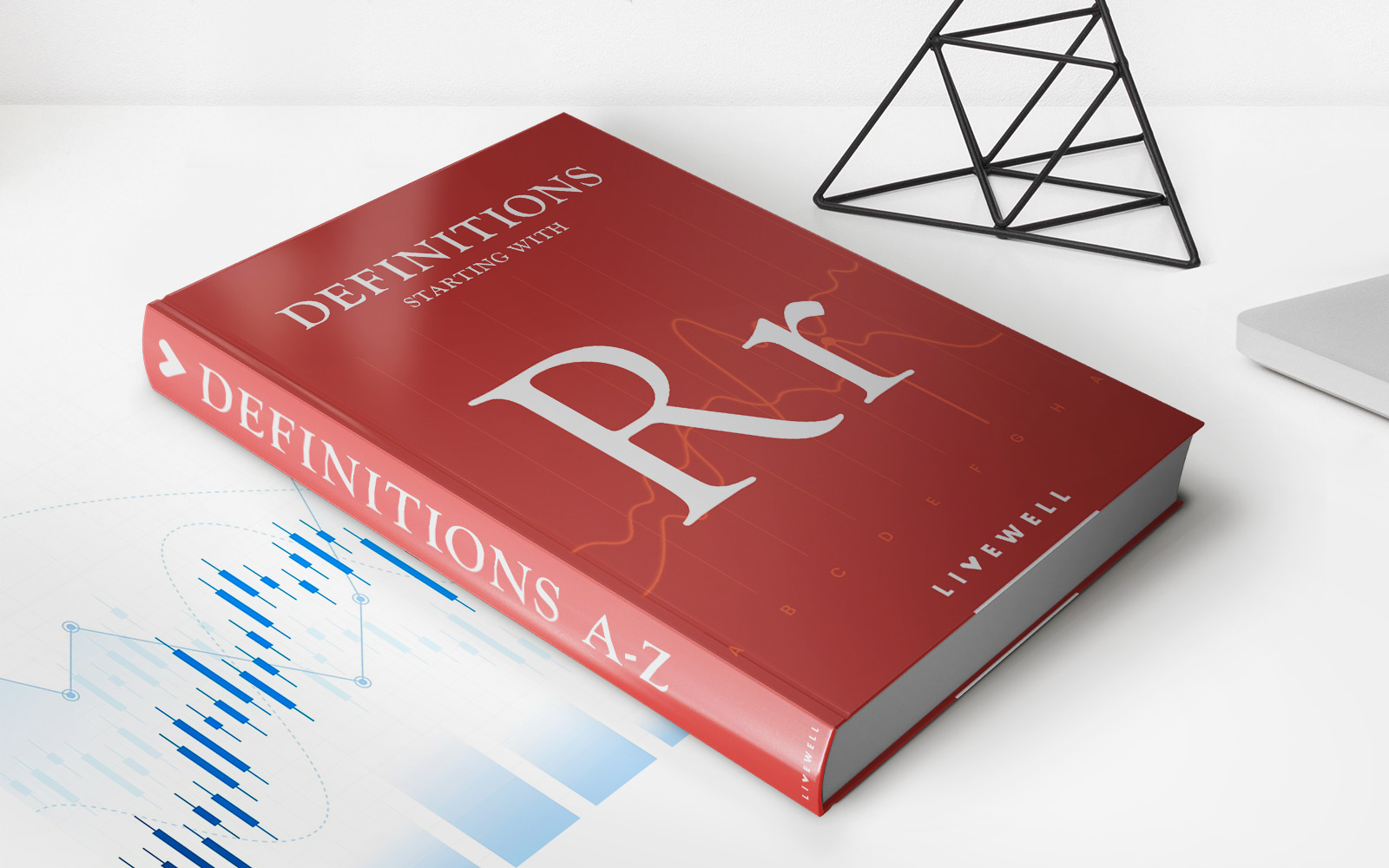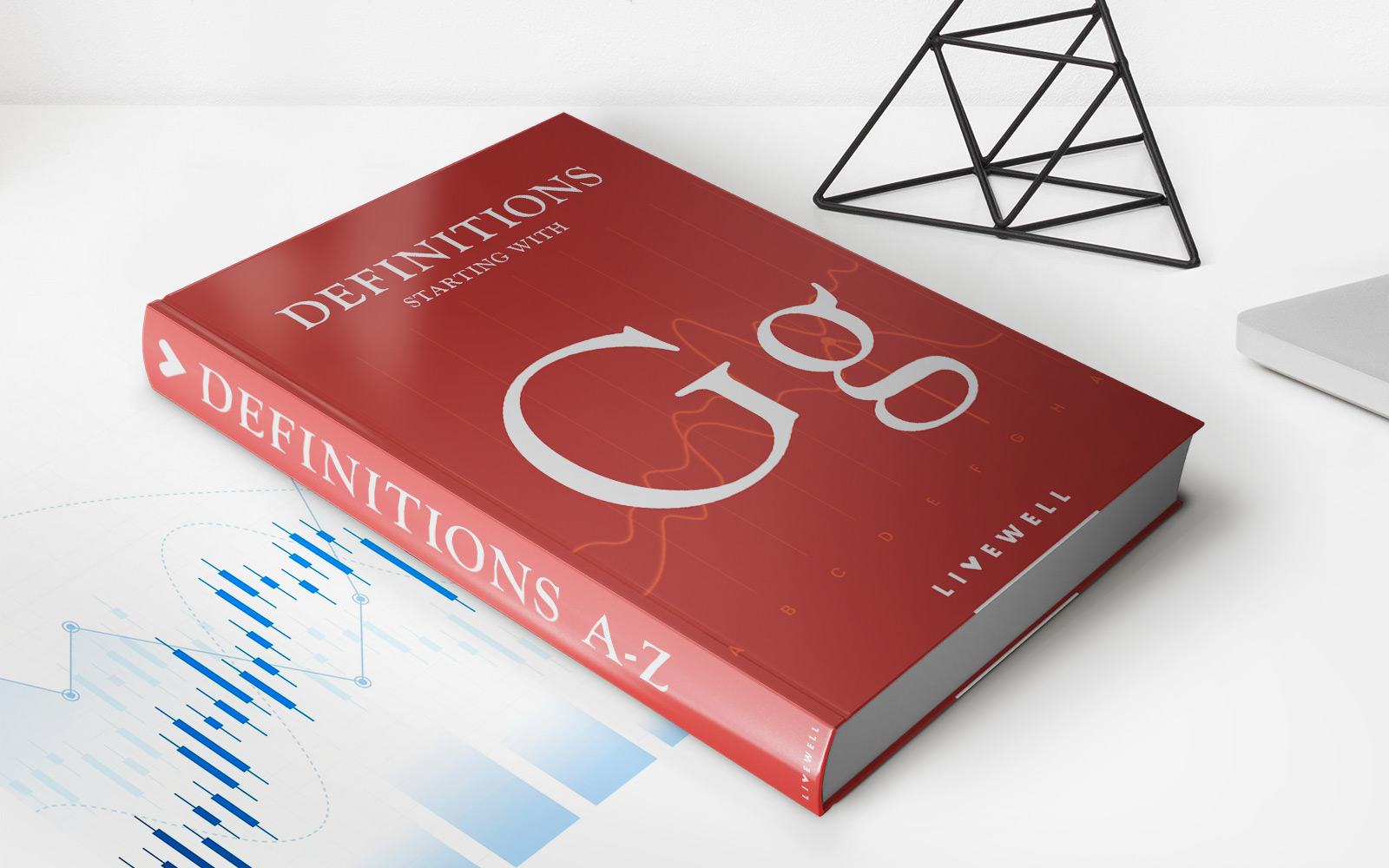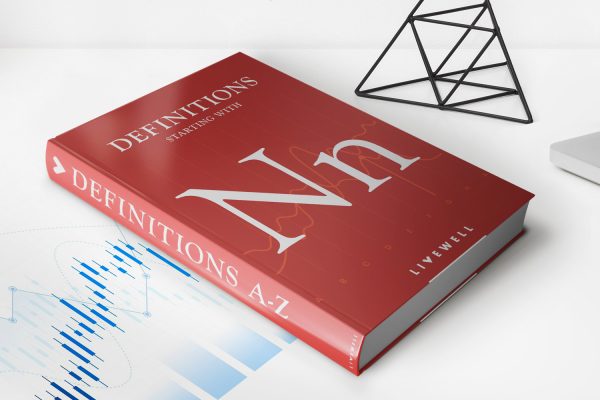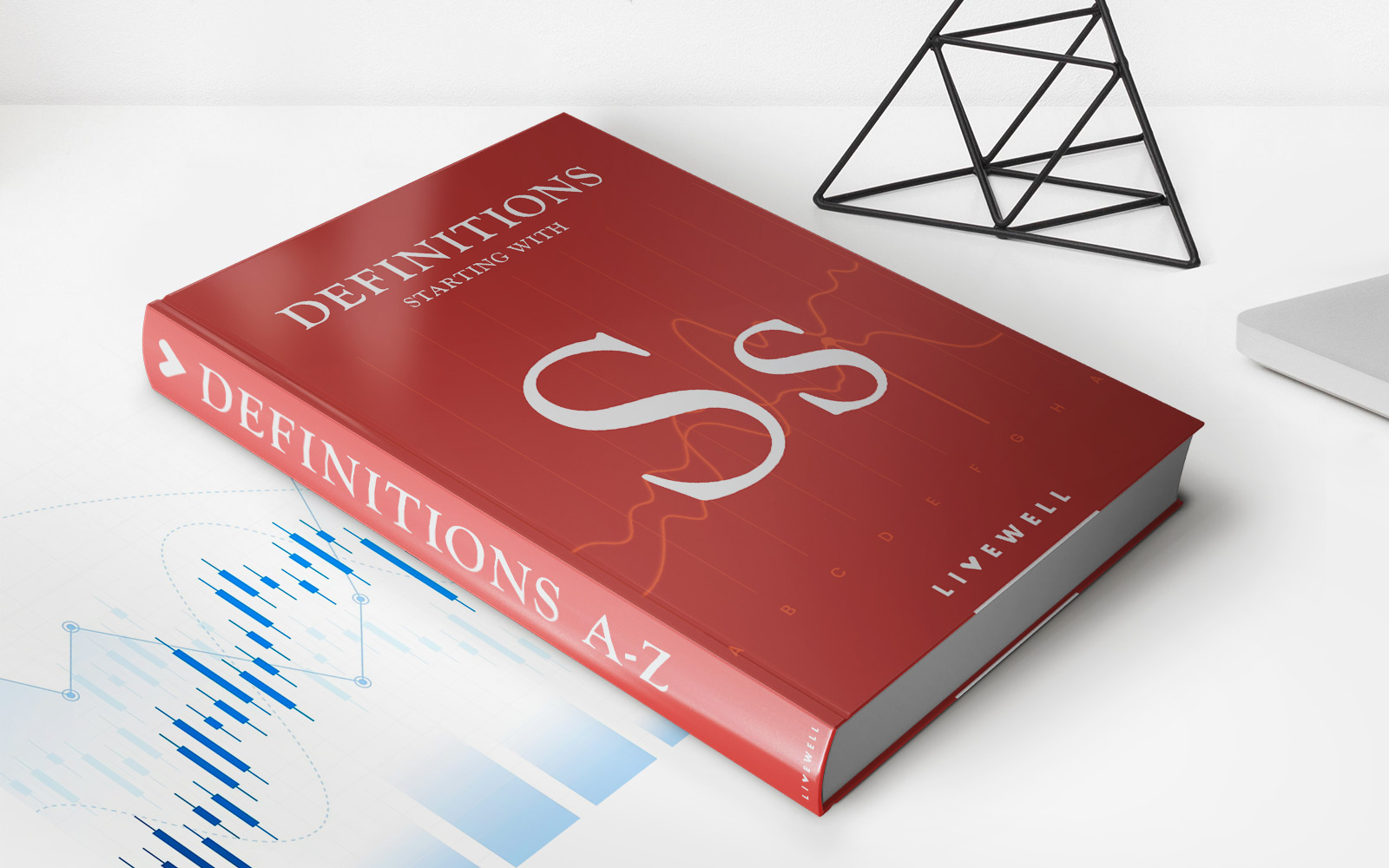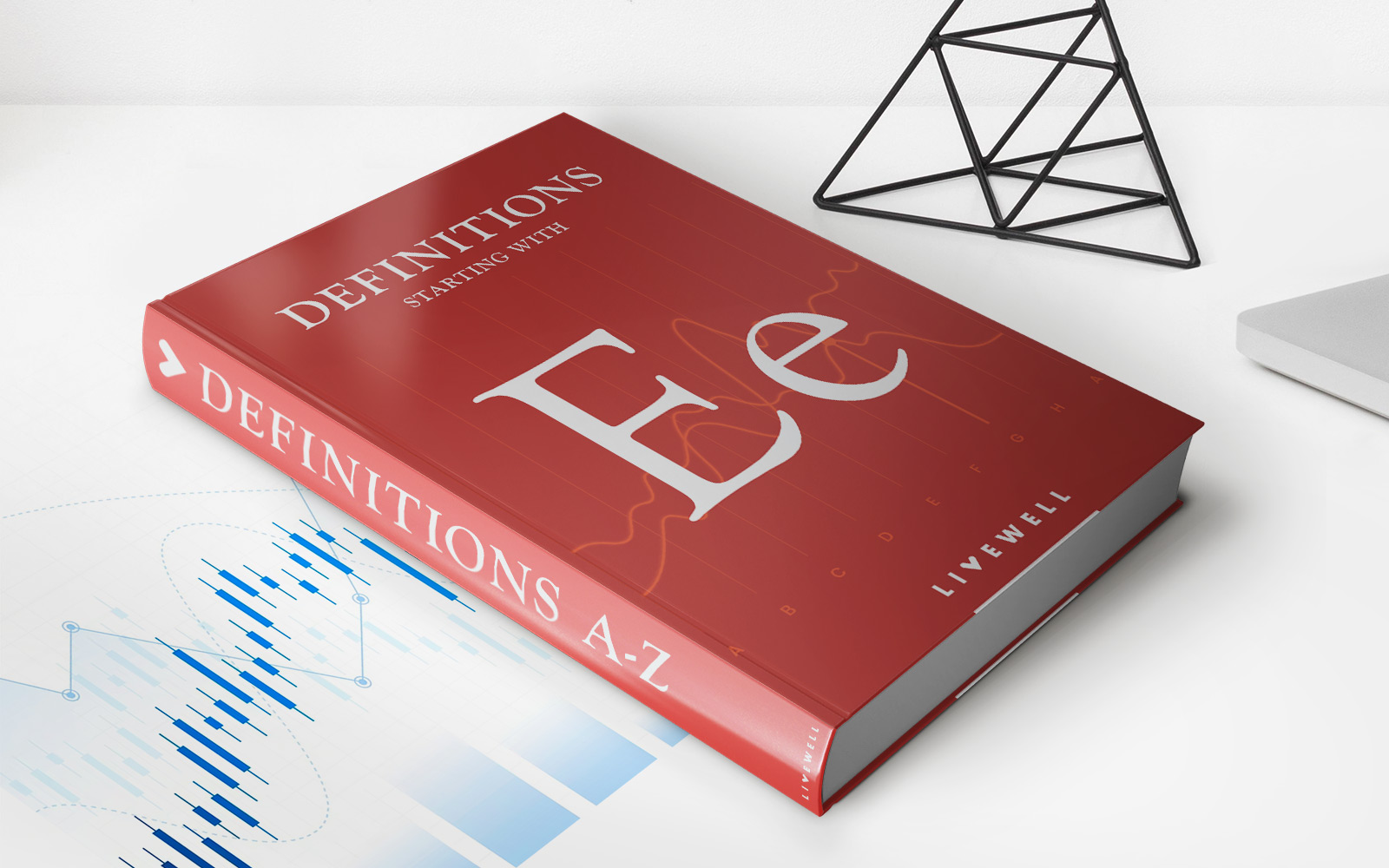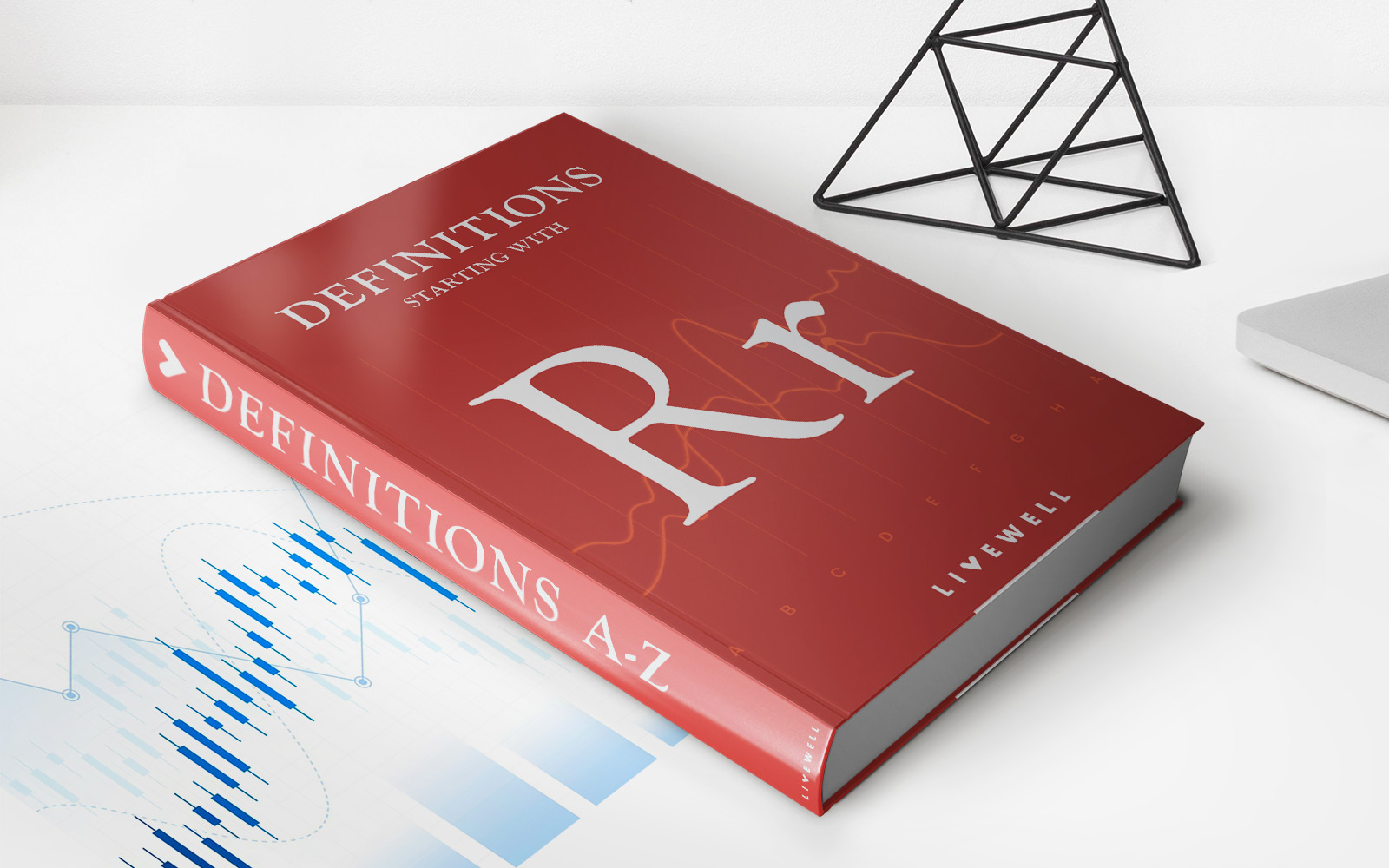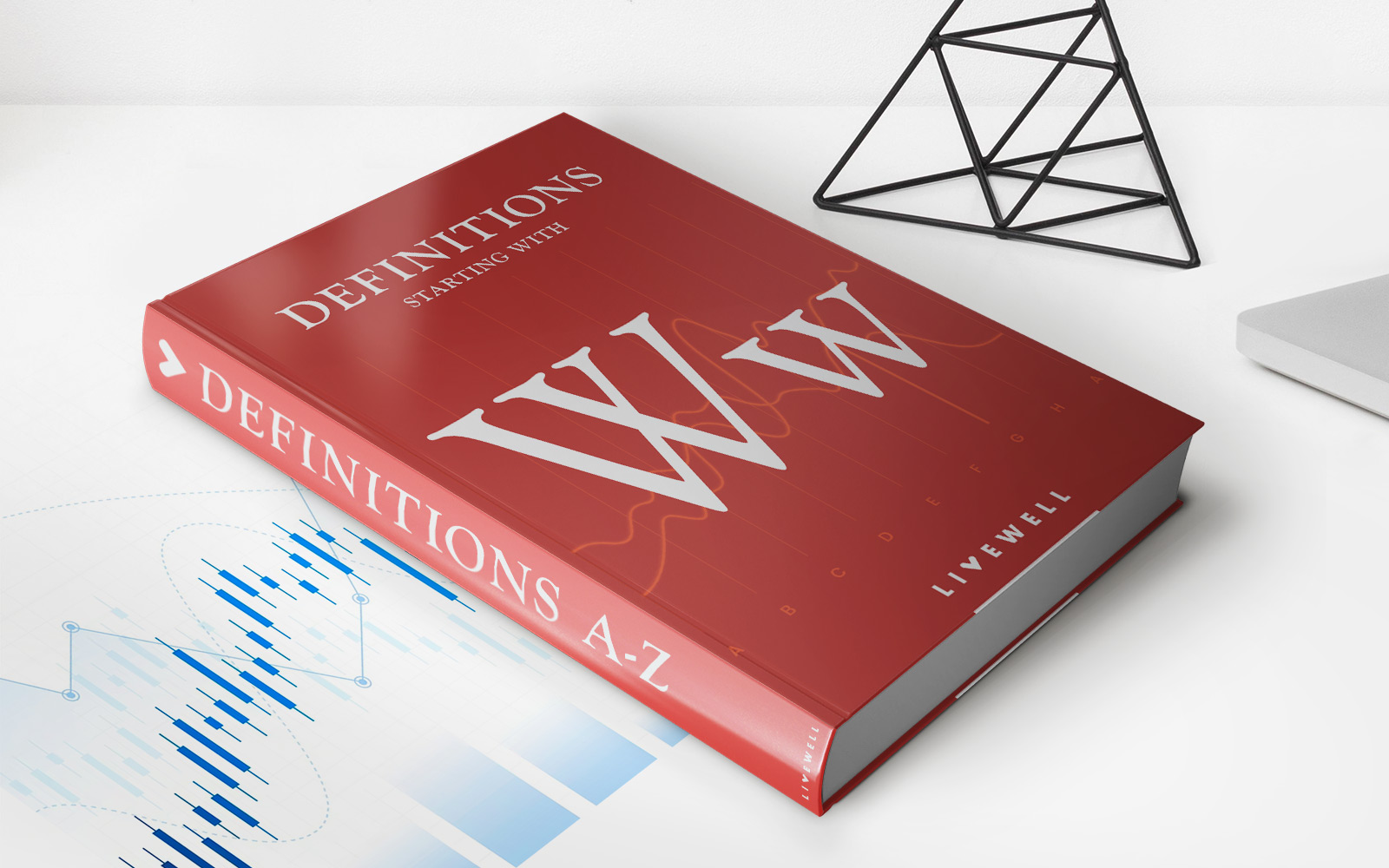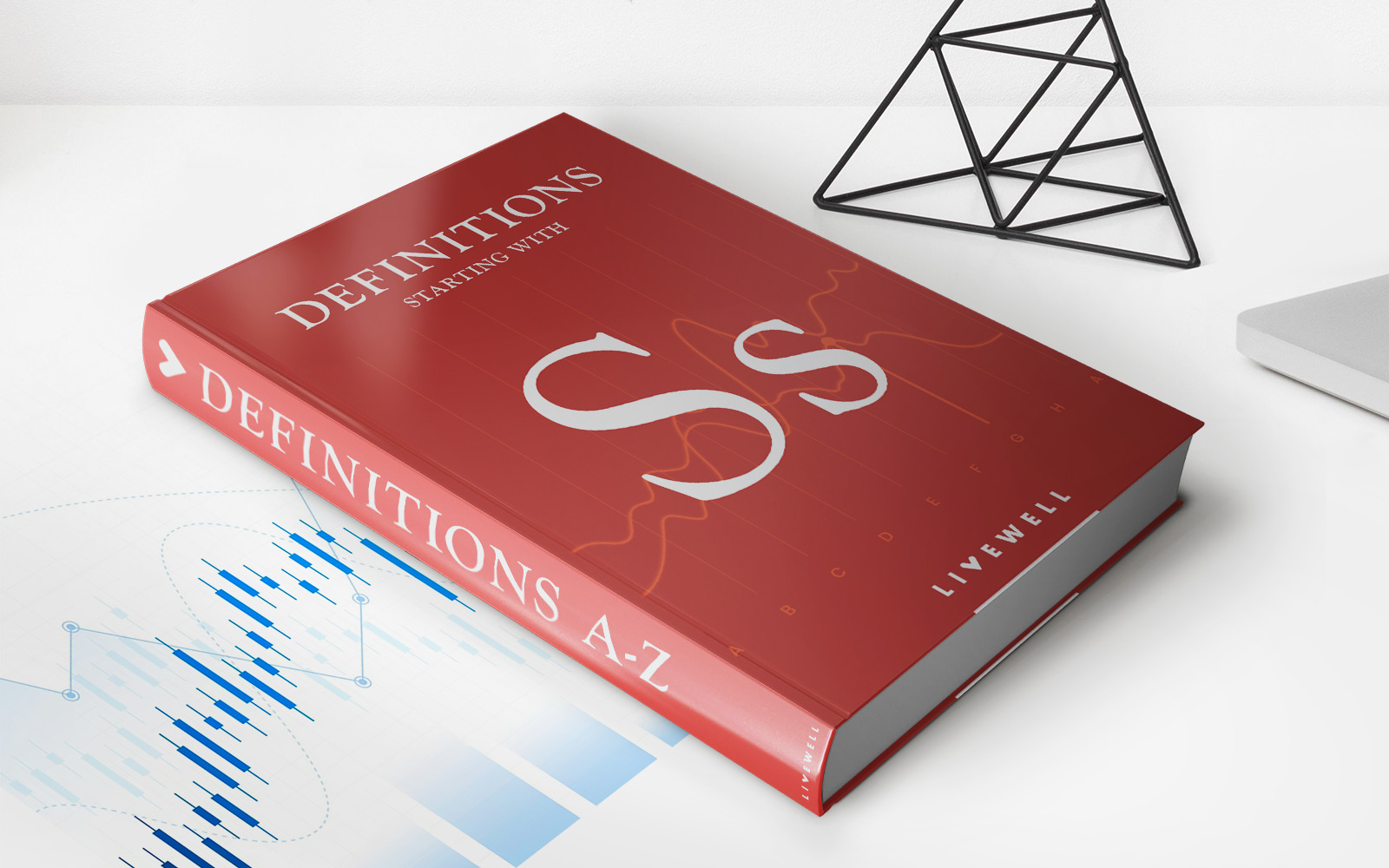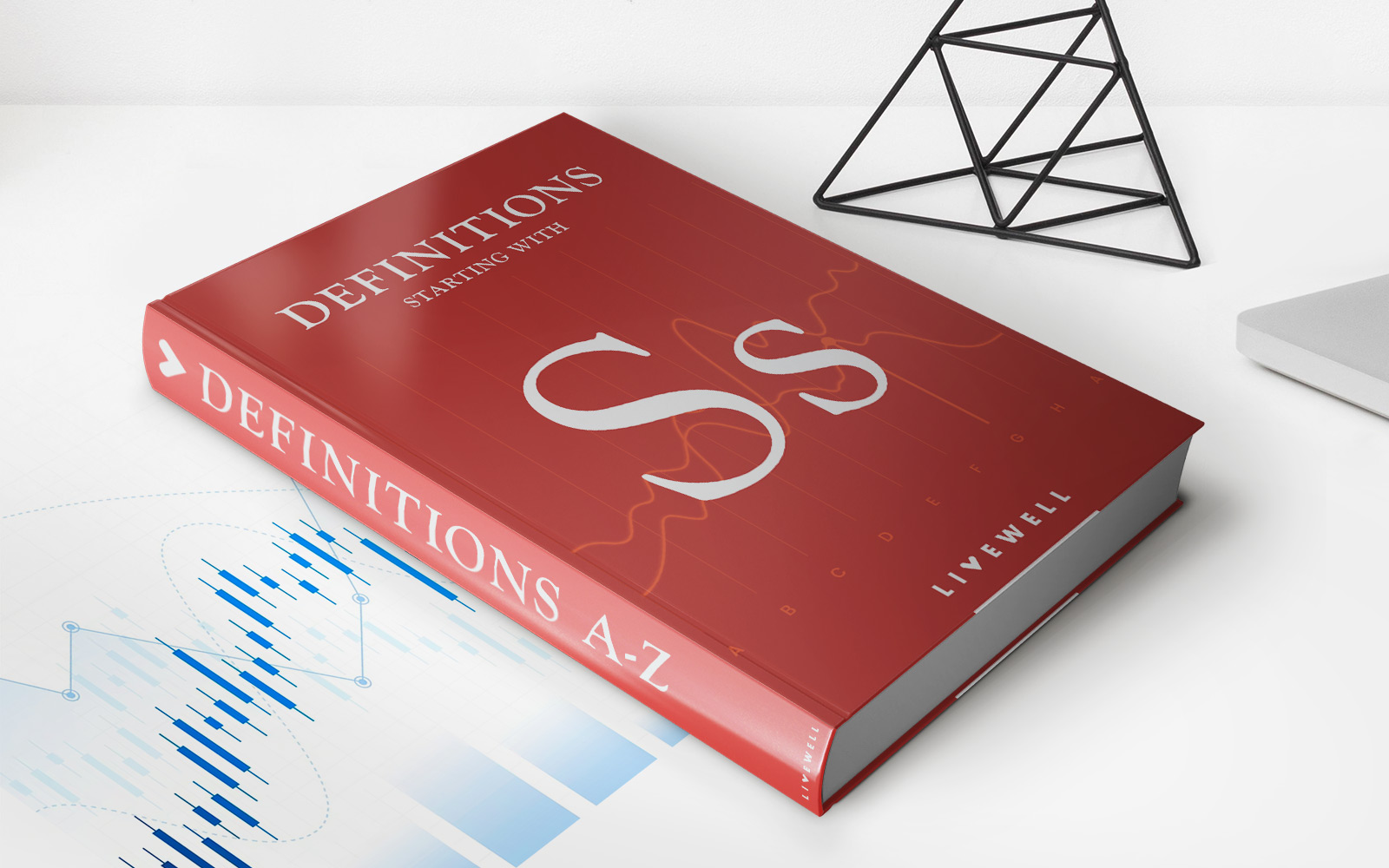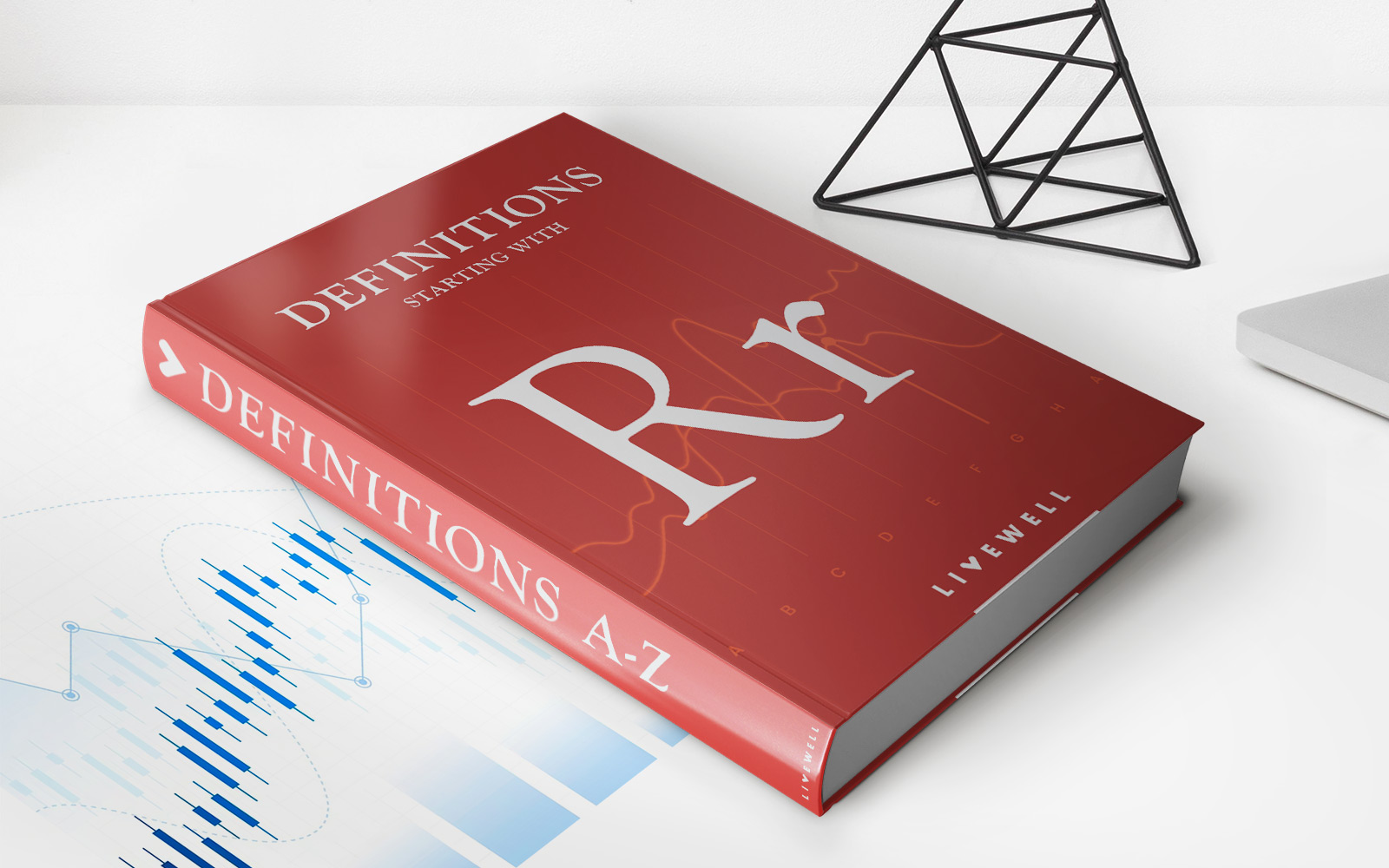Home>Finance>What Is Technocracy? Definition, How It Works, And Critiques
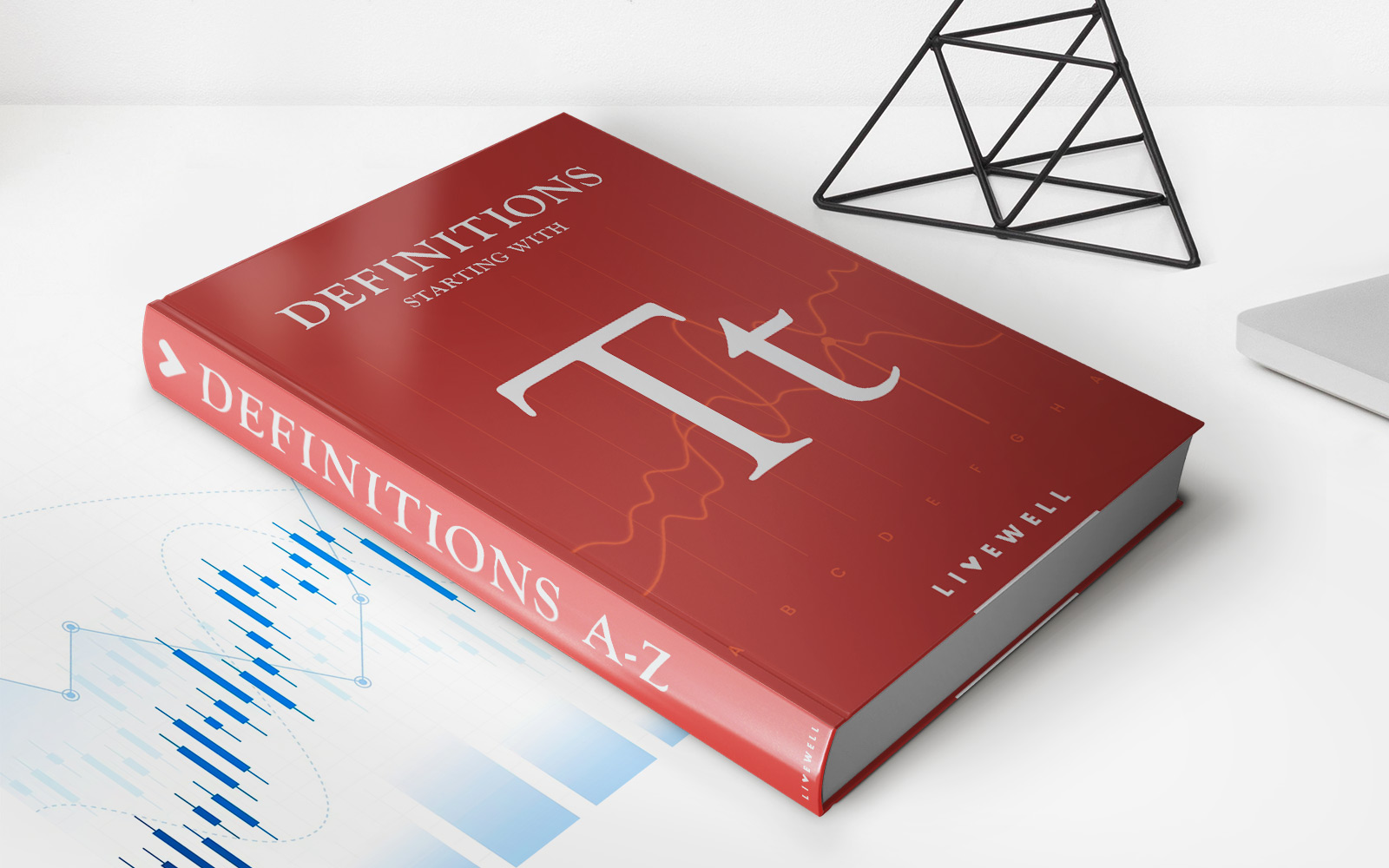

Finance
What Is Technocracy? Definition, How It Works, And Critiques
Published: February 7, 2024
Learn about technocracy in finance: its definition, how it works, and critiques. Gain insights into this economic system and its implications.
(Many of the links in this article redirect to a specific reviewed product. Your purchase of these products through affiliate links helps to generate commission for LiveWell, at no extra cost. Learn more)
Welcome to the World of Technocracy
Have you ever wondered what exactly technocracy is and how it works? In this article, we will delve into the intriguing concept of technocracy, its definition, how it operates, and some of the critiques surrounding it. So, let’s buckle up and explore this fascinating ideology!
Key Takeaways:
- Technocracy is a governing system where decision-making power is vested in experts from various fields.
- Proponents believe that technocracy can offer more efficient governance and better outcomes.
Defining Technocracy
Technocracy, at its core, is a political and economic theory that advocates for governance by experts. In technocratic governance, decision-making power is placed in the hands of professionals or specialists with a deep understanding of the subject matter. These experts are typically chosen based on their knowledge, skills, and expertise rather than through partisan politics or popular vote.
Technocrats, as they are called, utilize their specialized knowledge to develop policies, implement reforms, and make decisions that impact various aspects of society. This can range from economic policies to infrastructure development, scientific advancements, and even social welfare programs.
How Does Technocracy Work?
In a technocratic system, technocrats are appointed or elected to key government positions and are responsible for making decisions within their areas of expertise. This means that instead of career politicians, individuals with extensive knowledge in the relevant fields are appointed to important positions.
Technocrats base their decisions on scientific data, objective analysis, and expert opinions. They aim to create evidence-based policies and use their expertise to make informed choices for the betterment of society. By relying on experts rather than politicians, technocracy seeks to bring efficiency, expertise, and professionalism to the governance process.
This approach also involves decentralization, where decision-making authority is distributed to different technocratic bodies. This ensures that policies and decisions are made by individuals with specific expertise rather than a few centralized individuals.
Critiques of Technocracy
Like any political ideology, technocracy comes with its fair share of critiques. Some of the common criticisms include:
- Lack of Democratic Representation: Critics argue that technocracy undermines the principles of democracy by excluding the general public from decision-making processes.
- Potential for Elite Rule: There are concerns that technocratic systems may concentrate power in the hands of a few elites, leading to the exclusion of diverse perspectives and the marginalization of certain groups.
- Misuse and Manipulation of Data: Opponents argue that technocrats can manipulate or misinterpret data to further their own agendas, potentially leading to biased decision-making.
While these critiques highlight the potential downsides of technocracy, proponents believe that with proper checks and balances, technocratic governance can lead to more effective and efficient decision-making.
In Conclusion
Technocracy presents an alternative approach to governance, where experts play a central role in decision-making. By relying on specialized knowledge and data-driven policies, technocracy aims to bring efficiency and expertise to governance processes. While it has its critics, technocracy continues to be an intriguing topic in the realm of political theory. Understanding its principles and critiques can help shed light on the ongoing debate surrounding this system of governance.
